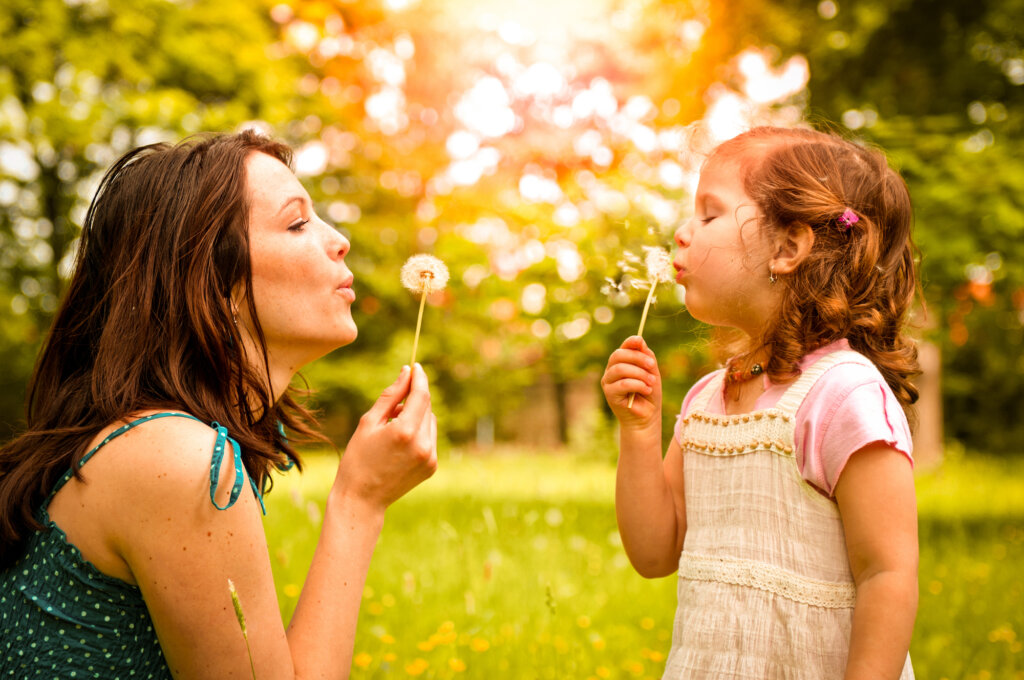Walter Kohan and His Concept of Childhood


Reviewed and approved by the psychologist Sergio De Dios González
Walter Kohan is a philosopher who specializes in educational issues. He addresses the concept of childhood in a rather different way and has contributed a series of interesting and innovative ideas to this field. Today, he works as an ‘educator of children ranging from 6 to 7 years old in the city of Rio de Janeiro (Brazil).
As a matter of fact, Kohan believes that childhood isn’t a stage of life, but a form of consciousness. He thinks that, although it’s the first moment that every person experiences, it also constitutes a state that they can and should continue to cultivate. He’s convinced that this is the only way that life becomes interesting. He also believes that every human being should be encouraged to philosophize.
This specialist also highlights the benefits of the Socratic teaching method. Consequently, he considers that teachers shouldn’t impose their visions of the world on infants (of any age), but accompany them in the search for their own knowledge and truths. We’re going to explore in more detail Kohan’s ideas of the concept of childhood and its implications in education.
“I think, perhaps, that the most important thing is that philosophy has allowed me to remember that I am a child, to remember my childhood, and see my childhood, not as something past that I have to overcome to be an adult. But, on the contrary, as a possibility of being more of an adult like I want to be than I was.”
-Walter Kohan-

Walter Kohan and childhood
Walter Kohan believess that childhood is, above all, a state. It’s a condition of freedom, open to the surprising and curious in the face of the unknown. In effect, it’s closely associated with the fullness of being, and can be kept alive over time. He points out that the concept of childhood comprises the following three connotations:
- Chrónos. This refers to the temporality of childhood and is associated with the classic concept of it. It’s linked to science. It essentially addresses the biological and psychosocial development that takes place in the first years of life.
- Aión. This is linked to the passage of time and evolution. More specifically, to the kinds of experiences that break into the established and alter it. For example, creation, discovery, and innovation. It’s the way in which we express childhood throughout life.
- Kairós. This is an indeterminate period, in which something important happens. That ‘something’ has no immediate utility or benefit, but creates a certain disorder or excess that leads to plenitude. It’s those moments when emotion kidnaps us, butterflies appear in our stomachs, or we feel the pulse of the universe in our veins. It’s happiness in whatever way it’s expressed.
Childhood and school
Kohan suggests that the traditional school isn’t made to transform but to reproduce what’s accepted in society. He starts from the idea that childhood has no voice or has nothing to say. Basically, he claims that those who use the word are only the teachers and the institutions. Moreover, it seems that their function is to ‘remove children from ignorance’ or ‘errors’.
Therefore, he claims that listening is relegated, except when it may hinder the transmission process. However, when someone pays attention, the infant will signal something new. In fact, they might even provide new ways of speaking and naming things. It’s seen as a childish lucidity that must be understood and not so much controlled.
However, this doesn’t only apply to the child. As we mentioned earlier, Kohan claims that childhood doesn’t end when a certain age is reached, but is always present. It’s more present in moments of emotional fullness, creation, and invention. Furthermore, at these times, it must be listened to, rather than controlled.

A sensitivity toward childhood
Instead of indicating a specific method or implanting new ideas, Kohan intends to promote sensitivity toward childhood. Naturally, this must begin with parents and teachers, with young children. Its function is more to let them be and accompany them than to condition them.
Moreover, Kohan believes that sensitivity to childhood should also apply to adults. Consequently, the adult must welcome and celebrate the arrival of the genuine child in themselves. This isn’t merely an expression of a whim or a manifestation of egocentrism, but it involves the spontaneous, the individual’s approach to play, the exploration of the possible, and the deep experience of their emotions.
Walter Kohan claims that childhood is, above all, a source of joy and freedom. It must be protected in the small child and vindicated in the adult. If we did this, we might all enjoy the adventure of living more.
All cited sources were thoroughly reviewed by our team to ensure their quality, reliability, currency, and validity. The bibliography of this article was considered reliable and of academic or scientific accuracy.
- Espíndola Juárez, M. de la L., & Granillo Macías, R. (2021). Perspectivas de la escuela tradicional, nueva y contemporánea. Ingenio Y Conciencia Boletín Científico De La Escuela Superior Ciudad Sahagún, 8(15), 30-34. https://doi.org/10.29057/escs.v8i15.6458
- Gonfiantini, V. (2016). Formación docente y diálogo de saberes en el kairos educativo. Sophia: Colección de Filosofía de la Educación, (21), 229-245. https://dialnet.unirioja.es/servlet/articulo?codigo=6734433
- Kohan, W. (2007). Infancia, política y pensamiento. Buenos Aires: Del Estante Editorial.
This text is provided for informational purposes only and does not replace consultation with a professional. If in doubt, consult your specialist.








